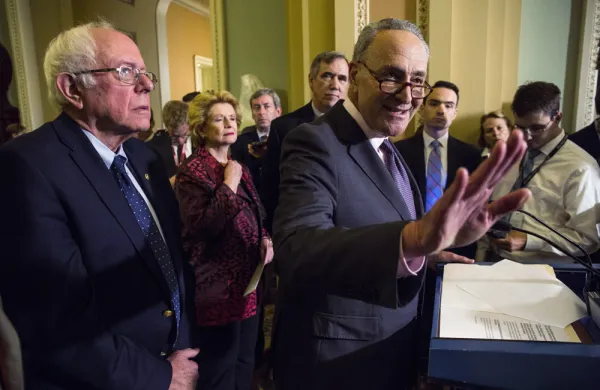A slew of purchasing manager index reports released as the new week began this morning signalled slowing industrial activity in China and Europe. Oil, base metals and commodity-centric currencies painted the tape red in response as investors braced for more signs of weakening demand for raw materials. Meanwhile, sovereign-debt yields in aggregate continue to set new record lows after the Bank of Japan’s decision last Friday to become the latest central bank to deploy negative rates, suggesting the possibility of a new round in the post-crisis currency wars.
Chinese PMI hits three year low. Official purchasing manager index data released today by China’s National Bureau of Statistics indicated a decline in manufacturing activity in January with a reading of 49.4. This marked the sixth consecutive contraction, with the index falling to its lowest point in three years. The Caixin Markit index, which is derived from smaller private-sector companies than the official measure, registered a pullback for the manufacturing sector for the 11th consecutive negative reading in its release today. While the industrial sector in China continues to struggle, the services sector is faring well with NBS PMI for January registering at a healthy expansion of 53.5.
Wall Street banks settle on dark pools. On Sunday the Securities and Exchange Commission announced a settlement with both London-based Barclays and Zurich-based Credit Suisse Group over allegations that both banks failed to sufficiently disclose how the private trading venues, commonly referred to as dark pools, that the banks managed were overseen. Under the terms opf the settlement, Barclays will make payments totaling $70 million while Credit Suisse will pay over $84 million.
U.S. consumer spending slows. Personal consumption expenditure data released today by the Commerce Department indicates that American household spending was largely unchanged in December despite higher incomes and lower fuel costs. Headline spending registered at 0 percent growth for the month compared with consensus economist estimates for 0.1 percent, while personal income index levels rose by 0.3 percent for the period versus November.
Abbott Labs acquires blood testing firm. In the latest acquisition announcement in the pharmaceutical sector, Chicago’s Abbott Laboratories on Monday announced an agreement to purchase Alere, based in Waltham, Massachusetts, in a transaction valued at over $5.5 billion. Alere produces blood screening products that can run multiple tests simultaneously.
Portfolio Perspective: The Best January Ever
January was awful for stock investors. But pension funds set a record for voting to allocate new, fresh money to credit in January. Most of that money has yet to hit the credit market, so the credit boom will persist despite January’s correction.
We know that if stock investors want to panic, nothing will stop them. On the second day of this year, with the S&P at 2012, we wrote that equity sentiment was so bad that stocks were likely to struggle for a month or so, and that if the 1990 area were to be breached to the downside, then there would likely be a panicky drop in stocks that would resemble September’s. We initially thought that would take stocks down to the mid-1800’s on the S&P, but subsequently revised that down to the 1800-1850 range, which is where the correction eventually worked down to.
We’ve felt that this latest correction, like all the others of this seven-year bull market, would be just that, a correction. Equity investors have had a hard time believing that the financial engineering that has driven this equity bull market will persist, so every month since August 2012, we’ve tracked every pension vote for the credit market that we could find. These votes have largely corresponded with the growth of the credit market. Worries among equity investors have been so high since the August panic that we’ve done this exercise twice a month since then, in order to illustrate that the credit boom is not about to end, and that our nation’s public pensions are in fact bringing in more money and allocating it to credit.
Brian Reynolds is the chief market strategist for New Albion Partners in New York.





